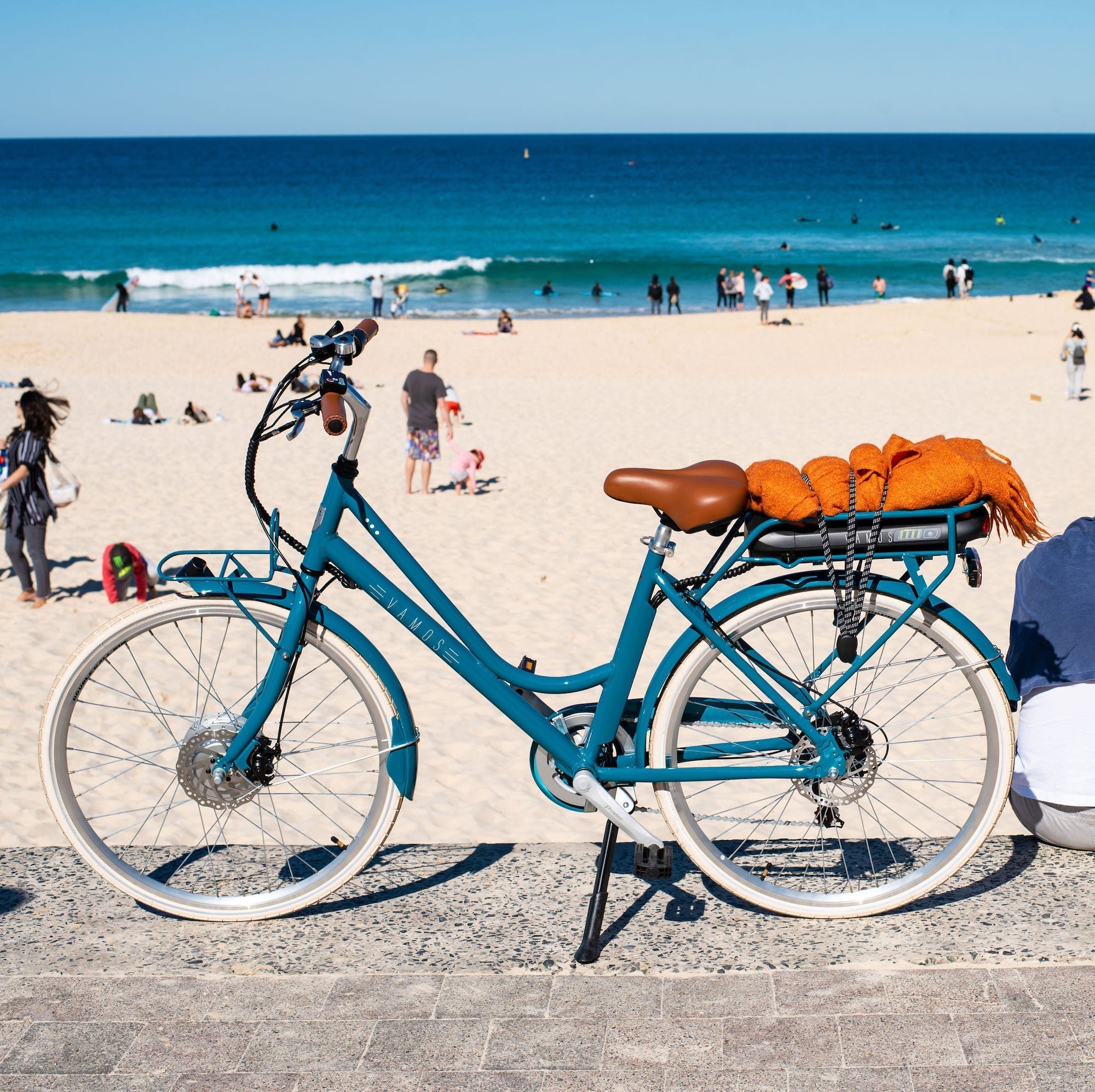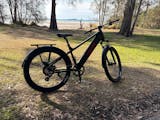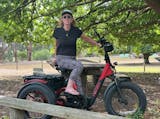Mornings used to be a bit of an issue for me. I would wake up, drag myself into the shower and wonder whether I’d be exhausted all day. I’d doze off on the bus to work and be woken up at the end of the line. I decided the issue was probably related to the quality of my sleep, so I did some research. I listened to podcasts and trawled the internet for solutions. I dabbled in meditation, got a prescription for melatonin and downloaded a blue-light filter for my laptop. I went to bed at the same time every night and rose at the same time every morning. I cut out caffeine, late night snacks and alcohol. The measures helped to an extent but most days I’d still arrive at work blurry eyed and bleary minded. Moreover, I was 24 and managing my sleep patterns like an aging professional athlete.
I had a hard time sticking to all my new routines and eventually decided I’d just have to cope with being a zombie until midday. Then I got an electric bike. Something about the fresh air in my face and getting my blood pumping wiped away the early morning fatigue.
Understandably, I was pretty elated. No more podcasts about REM sleep, no more costly pharmaceuticals and no more being woken up by surly bus-drivers in suburbs I’d never heard of.
As it turns out, the links between cycling and fatigue are well established. A study conducted by Stanford University had sufferers of insomnia cycle for 20-30 minutes per day and marvelled as the time it took them to fall asleep halved. Being exposed to sun-light in the mornings – as opposed to the fluorescent light and the harmless but dependably unpleasant odours of public transport – resyncs your circadian rhythm and rid the body of cortisol, better known as the stress hormone. Other studies have linked increased brain function to improvements in cardiovascular capacity, making cycling the ideal way to eliminate morning brain fog.













 Find Your Perfect Ride
Find Your Perfect Ride
 About Us
About Us Sustainability
Sustainability Perth to Bondi
Perth to Bondi Reviews
Reviews ACF x Vamos
ACF x Vamos Blog
Blog















